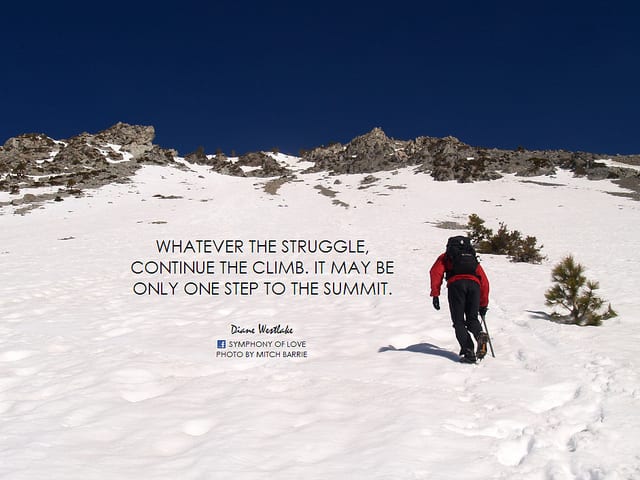by Carson Heady – March 2015 Those moments prior to dialing, pulling that door or entering the board room are like stepping in the batter’s box or breaking the huddle. You formulated a semblance of a strategy, thought (or over-thought!) and now you have to execute the play. But what if I whiff? What if the pass is intercepted?…Continue Reading Getting in the game: Removing and replacing the fear of rejection
Getting in the game: Removing and replacing the fear of rejection


